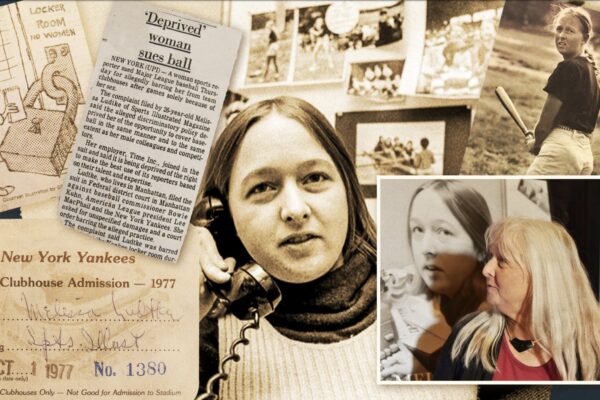By Rebecca Harris
Sports Capital Journalism Program
INDIANAPOLIS –While Kassidy Cook doesn’t dwell on the experience, she remembers everything.
She remembers the 2012 Olympic Trials at Federal Way, Washington, where she and her synchro partner finished just .42 points off of qualifying for Olympic Games in London.
She remembers making the national team in the individual 3-meter diving event at the Olympic Trials last summer.
She remembers advancing to the semifinals in Rio, the 8th seed out of 18.
She remembers the dive. It was her second, a forward 3 ½ revolution, that spun out of control when she launched off the board at an awkward angle. In some competitions, 41.85 points isn’t the worst a dive could earn. But 41.85 points in the semifinals of diving’s biggest competition is not good enough. Cook finished just barely out of contention for finals in 13th place.
She took a gap year in the lead up to Rio to prepare for her return to the global diving stage. After her Olympic disappointment, she took another step back.
“I took a break from diving to adjust back to school,” she said. “I got a little bit out of shape and I kind of lost my love of diving for a little bit.”
Cook came back though as a redshirt senior. Not with a vengeance, as a 9th-place finish in her first NCAA qualifying meet does not justify the use of that word. But a series of top-3 finishes in the rest of her meets led her here, to the NCAA championship.
Thursday got her into the finals for the 1-meter, only to see her falter and end in last place. Friday brought a second shot, the 3-meter diving event, her specialty, the one that led her to question her passion in her sport after returning from the Olympics.
Her first dive was solid, scoring a 60.75, leaving her in a close fourth at the end of the first round.
But there it was again, the second dive. This time it was one she normally doesn’t perform as USA Diving and international events only require five dives, compared to the NCAA-mandated six. A forward 2 1/2 somersault pike, though, is not a tricky one to perform. But there it was again, a 45.6 score.
“It’s fairly easy for me [the dive], but with the adrenaline of the competition I got a little too much juice on it and I over-rotated,” Cook said. “I definitely had a small flashback.”
So she went back to work. Her third dive earned a 69.00, putting her back in contention for a higher podium spot.
Cook was in fifth after the fourth round, and scored a solid 61.5 on her fifth dive. The problem was that five other divers also scored in the 60s or above, and most of them hadn’t had a bad dive all day. So it came down to the final round, the dive she loves the most, to determine if Cook would end in the top three.
Just facing that possibility was incredible.
Adding injury to insult after the London trials, she tore the labrum in her right shoulder in the following months and had knee surgery. There was a four-year gap between that point and her next international event, the FINA Diving World Cup in February 2016.
Then there was a break this year, where she took time to concentrate on her academic responsibilities at Stanford and evaluate her role in diving. By the time she decided she still had the drive to compete, it was late. Very late.
“It [passion] started to pick back up again in January and February. Once again, I never leave myself enough time,” she said, hanging her head with a laugh. “So I’ve had a month or two of training whereas most people have had the whole year.”
So Cook went into her final dive, against competitors who had been aiming towards this competition nonstop for a year.
The reverse 2 1/2 somersault pike is one she’s comfortable with, her favorite and her best dive. “It’s usually wishy-washy for some people,” she said. It involves a back press, or standing ramrod straight and unmoving on the edge of the board in order to press it down and give more height to the dive. It requires a lot of power and stamina at the end of a competition. Most people like to end on a forward-spinning dive. Most also aren’t facing the possibility of a top-three finish after months away from competition.
“I wasn’t even doing these dives in the winter,” she said.
She launched. The Stanford fan base, decked out in customary Cardinal gear and sparkly green hats for good measure, inhaled.
The numbers flicked across the screen, a trail to the total score: 75.00.
“I’m confident in that dive under pressure,” Cook said, “In my head I thought it doesn’t have to be spectacular, nothing out of the ordinary, just do it the way I know how to.”
She ended with 372.30 total points, her best score this season, and a third-place finish. Spectacular may not have been her goal, but it was the outcome she earned.


